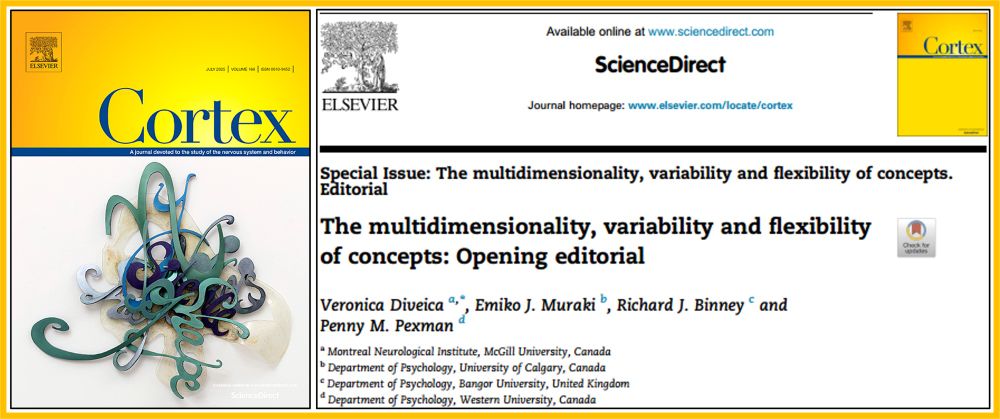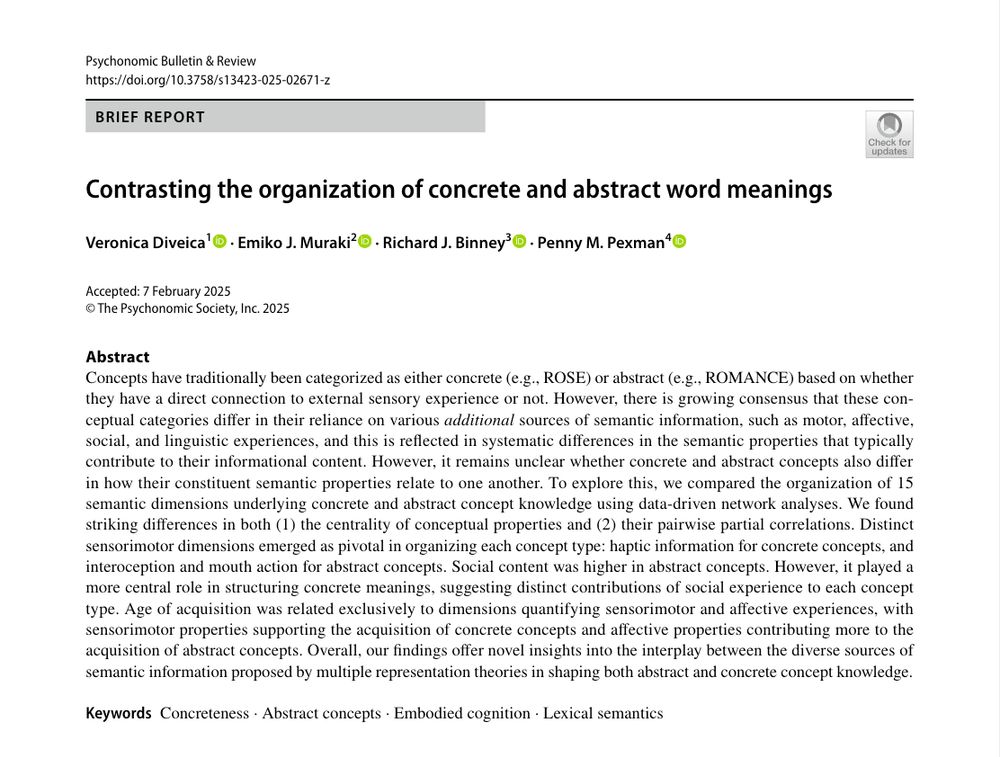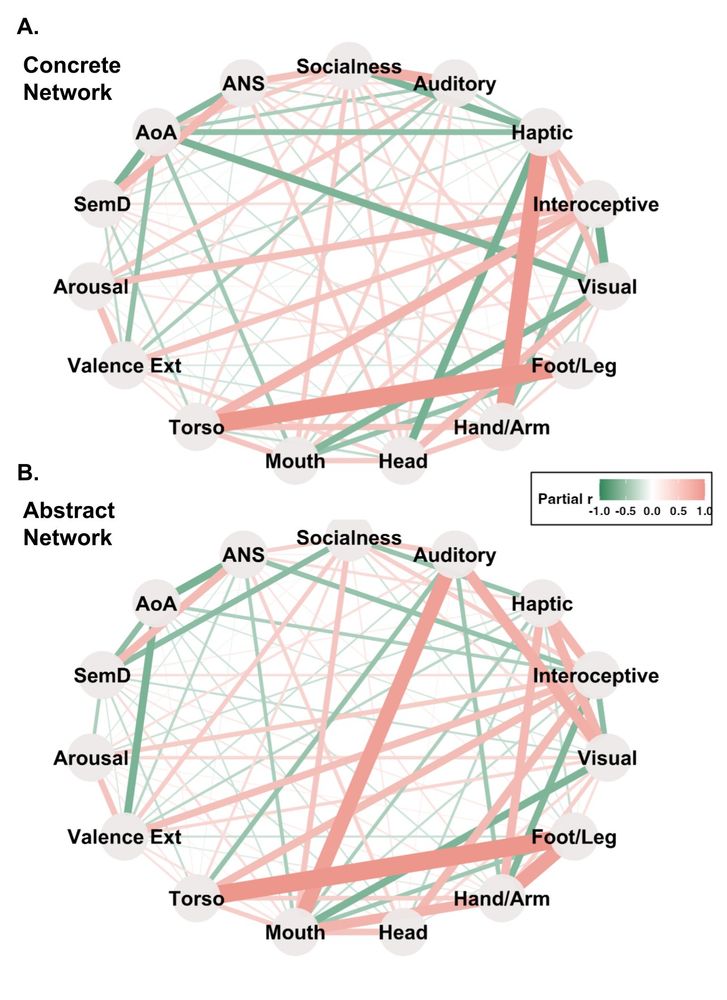Emiko J Muraki
@emij.bsky.social
49 followers
87 following
13 posts
NSERC Postdoctoral Associate at @westernu.ca
🧠 Cognitive scientist | 🔤 language | 🤲 embodiment | 👁️ mental imagery
Fueled by coffee, curiosity, and two very good dogs 🐾
Likely overthinking something (on purpose)
Posts
Media
Videos
Starter Packs
Emiko J Muraki
@emij.bsky.social
· Aug 11
Reposted by Emiko J Muraki
Emiko J Muraki
@emij.bsky.social
· Jul 19
Emiko J Muraki
@emij.bsky.social
· Jul 17
Emiko J Muraki
@emij.bsky.social
· Jul 17
Reposted by Emiko J Muraki
Emiko J Muraki
@emij.bsky.social
· Jun 25
Emiko J Muraki
@emij.bsky.social
· Jun 25
Reposted by Emiko J Muraki
Emiko J Muraki
@emij.bsky.social
· Apr 25

Mapping Contributions of the Anterior Temporal Semantic Hub to the Processing of Abstract and Concrete Verbs
We tested hypotheses derived from the hub-and-spoke model and multiple representation theories of semantic memory, providing novel evidence that (1) the ventral anterior temporal lobe (ATL) is engage...
dx.doi.org
Emiko J Muraki
@emij.bsky.social
· Apr 25
Emiko J Muraki
@emij.bsky.social
· Apr 25
Reposted by Emiko J Muraki









